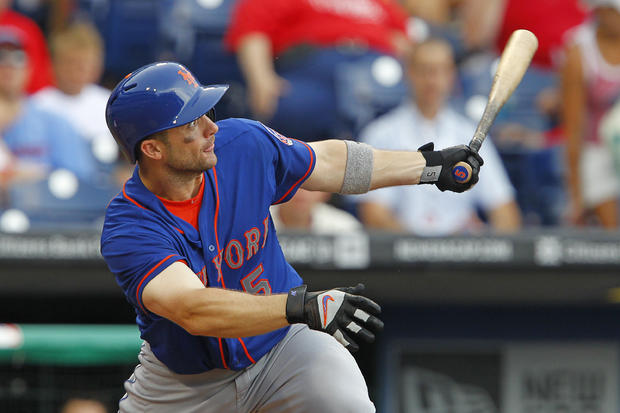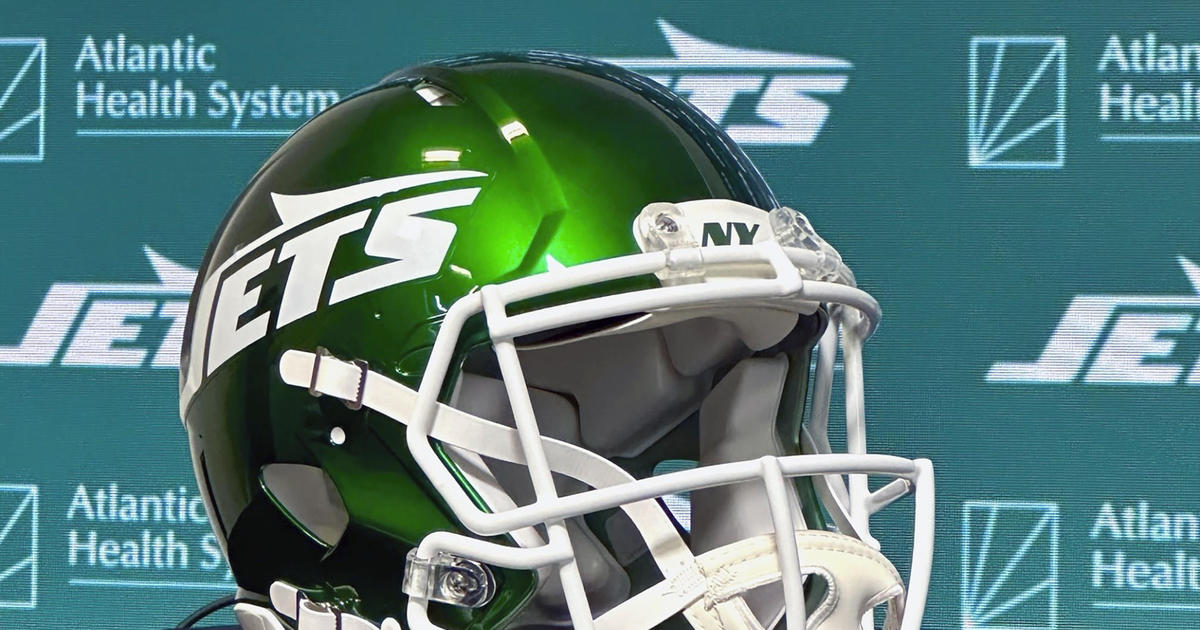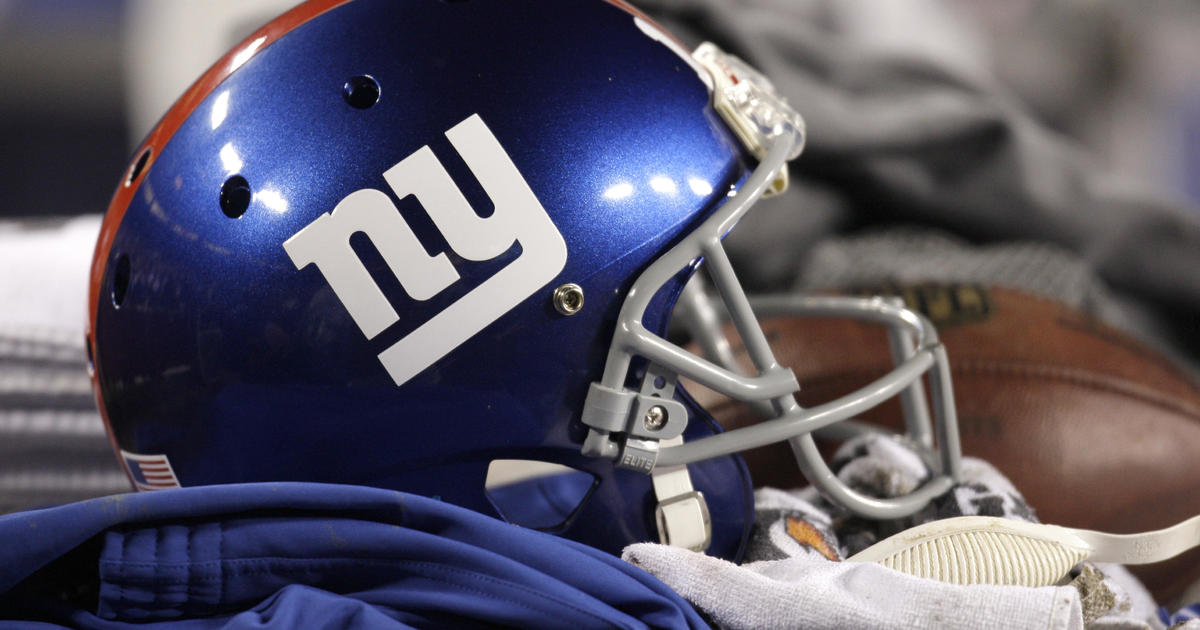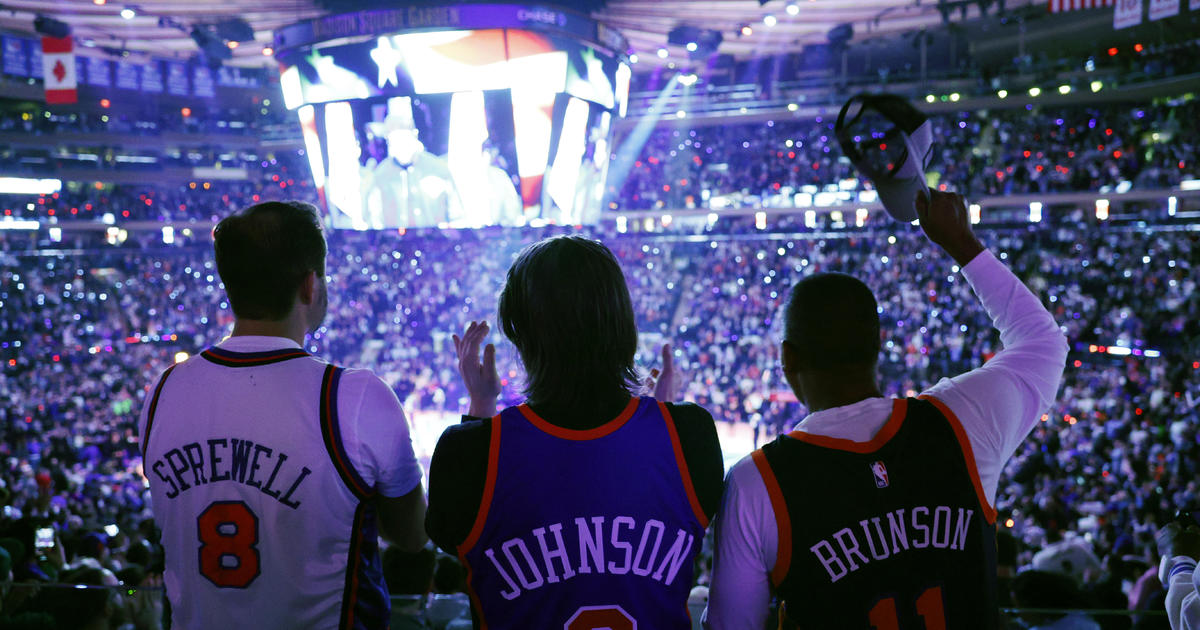Kallet: Many Factors Have Made Wright's Career Hard To Define
By Brad Kallet
» More Columns
This past Thursday, David Wright underwent surgery in California to repair a herniated disc in his neck.
There's no timetable for his return -- the club hasn't proclaimed that the captain's season is over -- but I don't think anyone believes that Wright will play for the Mets again in 2016. Even before Wright and the organization decided that surgery was the best option, the veteran third baseman wasn't expected to return until September, at the earliest.
Now, it's safe to say that the next time the face of the franchise takes the field in a Mets uniform, we'll be well into 2017.
Sure, it's a blow to the Mets' chances this season, but not a significant one. Wright isn't half the player he once was and, again, once the injury was revealed it was pretty much assumed that he would spend the rest of the season on the sidelines. Any contributions from him would be a bonus, and I'm willing to bet that general manager Sandy Alderson, manager Terry Collins and Wright, himself, would have begrudgingly admitted as much.
It's still incredibly unfortunate for the team, but even more so for Wright, who worked so hard to return late last season and gave everything he had to stay on the field this season. And who would have thought that it would be a herniated disc -- and not spinal stenosis, which will likely plague him for the rest of his life -- that ended his season? Wright has been besieged by serious, chronic injuries over the last two years, and it's not easy watching one of the most beloved players in franchise history deteriorate in what feels like slow motion.
I can't envision Wright retiring unless he is physically unable to play another game. Shortly after announcing his decision to undergo surgery, he released a statement saying that he's committed to "making a full recovery." Quitting isn't in his DNA. He has too much pride, too much desire to win a championship, and too much love for the game. He's also owed another $67 million from 2017 through 2020, when his eight-year, $138 million contract expires. That's quite an incentive to get back on the field.
I hate to write about legacy, because that implies that a player's career is over when, like in this case, it's not. But these last few days, pundits and fans alike have offered all kinds of thoughts on Wright's career and where he stands in Mets history, and now seems like an appropriate time to reflect, at least a little bit, on No. 5.
The numbers, of course, don't tell the whole story; they never do. But it's irresponsible to look at Wright's career in orange and blue without pointing out where he stands among the franchise's greats. Wright is the Mets' all-time leader in hits, RBIs, doubles, total bases, walks and runs.
He's also a seven-time All-Star, a two-time Gold Glove Award winner, a two-time Silver Slugger Award winner and a member of the 30-30 club.
Yet despite his impressive numbers and many accomplishments, many will consider his career in Queens a bit of a disappointment.
At just 33, he may never again be an above-average player, let alone a serviceable one. He has never won an MVP or a championship, nor a batting title, and has gradually seen his hits and homers go down and his strikeouts go up. He has also only reached the playoffs twice. (This, of course, is all subject to change before Wright hangs it up for good.)
Wright has been an excellent Met, and he lived up to his billing as a leader, but he has never quite reached the expectations set for him on the field. Three years into his career, the good-looking kid from Virginia was pegged as a premier line-drive hitter who could potentially get to 3,000 hits, lead his team to multiple World Series and a decade of dominance, and one day be enshrined in the Baseball Hall of Fame.
Twelve years after his debut, Wright doesn't have 2,000 hits, he has lost far more than he has won -- though that hasn't been his fault; there have been many other factors at play -- and he'll never end up in Cooperstown. He was a star for only a short time, and though he was one of the most productive third basemen in the National League for many years, his run as a top-10 player in the majors was short-lived.
But Wright's career has been complex, and there are a multitude of reasons why his numbers aren't as gaudy as they should be. Legitimate or not, right or wrong -- that's for you to decide --Wright's lasting legacy will end up being largely affected by the teams he played on and the parks he played in.
Aside from a great team in 2006, solid teams in 2007 and 2008 and another great team for two months of 2016, Wright has played for mediocre clubs and hit in mostly dreadful lineups for the majority of his career. He has had literally no protection and not nearly as many RBI opportunities as other No. 3 and 4 hitters, and that has cost him significantly.
The book on the Mets from 2009 until … I don't know, when Yoenis Cespedes was acquired last July perhaps … was that you couldn't let Wright beat you. He saw maybe three or four good pitches a night, and if he didn't take advantage of those fastballs down Broadway -- as Keith Hernandez loves to say -- he had to put together an almost perfect at-bat to get on base.
All top hitters get pitched to delicately, with caution, but when you're pretty much the only consistent threat in a lineup for seven or eight consecutive years, it's awfully difficult to get on any kind of hot streak. Guys like Miguel Cabrera, Bryce Harper and Mike Trout will hit regardless of who's around them, but Wright isn't Cabrera, Harper or Trout. Still, put him in a lineup with Carlos Delgado, Carlos Beltran, Jose Reyes, Paul Lo Duca and Cliff Floyd for more than one year and see what kind of numbers he puts up. Heck, put him in a lineup half that good for five years and his career stats look very different today.
And then, of course, there was the graveyard that was Shea Stadium, and his current home, Citi Field.
Shea was a notorious pitcher's park that cost every hitter who ever played there a good number of home runs and extra-base hits. When Citi Field opened in 2009, Wright, who had hit in Shea for five years, had to contend with roughly the same dimensions, but also a massive wall in left field that kept even the most powerful sluggers in the yard. The "Great Wall of Flushing" kept Wright's blasts in play, and the awkward enclave in right-center field made it very difficult for him to hit an opposite-field homer.
How many times -- before the wall was thankfully lowered and then moved in -- did Wright get a hold of one, only to see it bounce off the fence or unfathomably get caught at the warning track? How many times -- before fences in both center field and right field were appropriately altered -- did the third baseman drive one the other way and see it die in the right fielder's glove?
Way too many times to count, or remember. Not only did this affect Wright's numbers, but it impacted his approach at the plate. He wasn't just trying beat the pitcher anymore; he was trying to beat both the pitcher and the park.
What if Wright had played the bulk of his career in Cincinnati? In Philadelphia? In the Bronx, as harrowing as that thought might be? I can't even imagine what his offensive totals would look like.
Somewhere along the line, Wright also transformed as a hitter, intentionally or not. He always had power, but early in his career he thrived with two strikes, ripping singles to right field and shooting line drives into the gaps. It got to a point where you almost wanted the pitcher to get ahead in the count and have two strikes on him. In such instances, David shortened up beautifully, adjusted and attacked breaking pitches as well as he did fastballs.
But then he appeared to get too homer-happy and started pulling the ball more often that not. Many point to his performance in the 2006 Home Run Derby as the moment it all changed, when his swing was irrevocably altered. Did the All-Star competition mess up his mechanics and get in his head? Perhaps, though I'd like to think that the captain is too smart of a player and too hard of a worker not to remedy any issues that would have lingered from that night.
David Wright will forever be overrated by some and underappreciated by others. Some will praise and defend him blindly, some will brand him a disappointment and some will simply define him by his numbers.
And they'll all be right, to an extent. There's no debate that Wright has had a very good career, but there's also no disputing the fact that it has been complicated.
Let's just hope that the book isn't closed, and that he can write a few more chapters before hanging 'em up for good.
Brad Kallet is the managing editor of TENNIS.com and a frequent contributor to WFAN.com. Follow him on Twitter @brad_kallet




